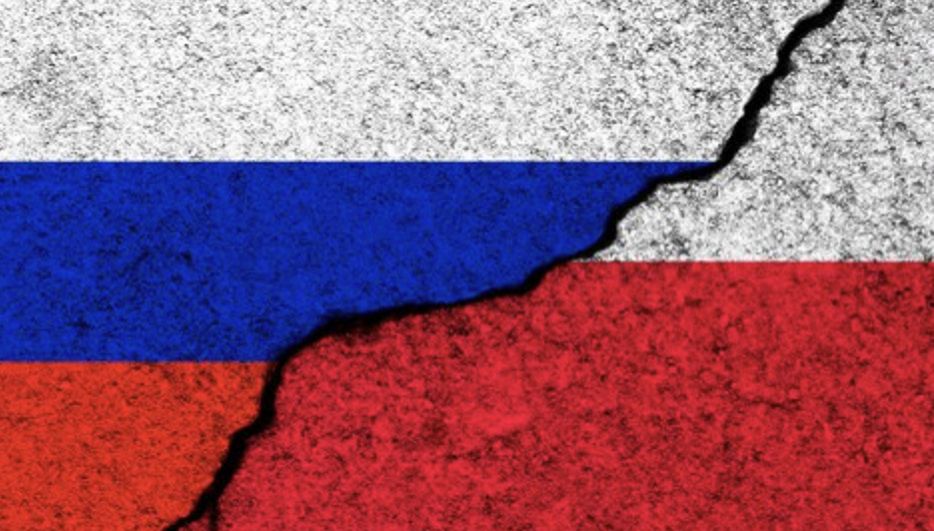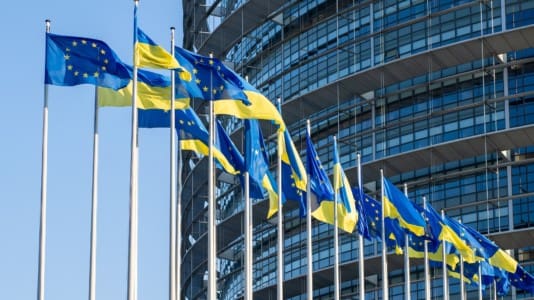The previous Donald Tusk government (2007-2015) had around 100 secret meetings between Poland’s intelligence services and Russia’s FSB, and no substantive reports were ever produced as to what was discussed at these meetings, according to new findings from a commission looking into Russian influence.
Prof. Przemysław Żurawski vel Grajewski, who was a member of the commission, revealed the findings yesterday.
Just a day before the commission’s members were dismissed by the new parliamentary majority, it produced an interim report recommending that Donald Tusk and other senior members of his administration should not be entrusted with public functions that involve national security due to the previous government’s lack of supervision over contacts between Polish and Russian intelligence agencies.
Nevertheless, Żurawski vel Grajewski, who was interviewed by commercial radio RMF FM, confirmed that the findings of the commission do not constitute grounds for excluding Tusk and others from holding office, as the commission was not given the powers to do that. It was only able to voice its opinion based on its findings, which it did.
The commission found that no official permission was granted for the meetings by the security officials and no adequate records were kept of all the meetings. Tusk and his ministers failed to react to the situation, while MPs and members of the public had the right to know about these meetings, said Żurawski vel Grajewski.
According to the professor, MPs who will vote next week for Tusk to become prime minister, “will do so with the full knowledge of his past” and “will not in the future be able to claim that they did not have the information.”
Żurawski vel Grajewski hoped that — despite him and other members of the commission being recalled — the institution itself would be preserved because he feels that Russian influence and penetration of public life needs to be assessed in detail. The commission on Russian influence had only begun its work and could only look at a fraction of the evidence available.
The commission was appointed in September by the previous parliament ruled by the United Right, but the new parliamentary majority formed after the October elections dismissed all members of the commission last week. It is not known whether its work will be continued.





